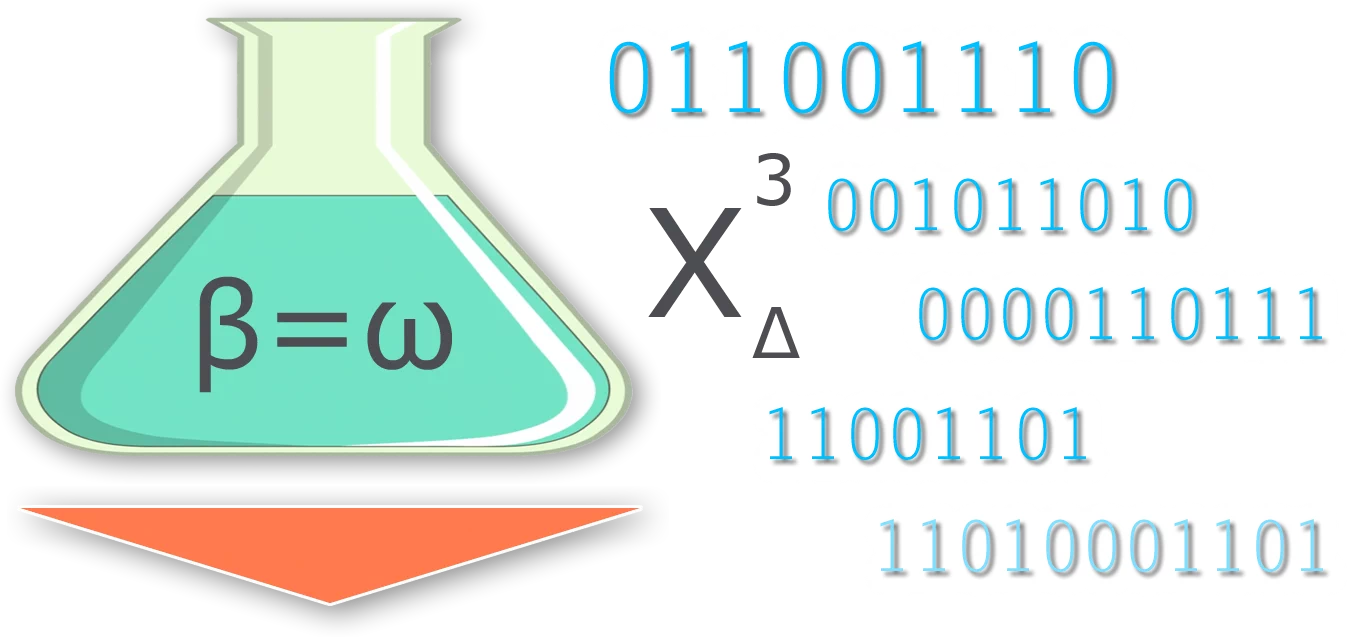Sooner or later, most Internet users have encountered situations in which they were deceived and tried to steal in some trivial way. It’s not just that today, along with new opportunities and technologies, new deception schemes have appeared. Therefore, the question of how to protect yourself from online fraud remains acute. Danger and caution are the keys to lock doors with maximum security. Or this: “forewarned is protected”!
Fraud and types of divorce
In the era of the digital age, when technology becomes an increasingly integral part of our daily lives, the danger of encountering online fraud also increases. The different types of divorce can affect each of us, highlighting the importance of vigilance and awareness. This is due to both the theft of passwords from bank cards and accounts, and an attempt to defraud money through manipulation and psychological attacks.
How to protect yourself from online fraud?
There is a whole arsenal of tools that we can use to protect ourselves from cybercriminals. Starting from simple steps such as using strong passwords and two-factor authentication from education on modern fraud techniques, each of us can take steps to strengthen our online security. Here are some of the basic measures that everyone should know:
- Training and Education:
Immerse yourself in modern fraud techniques by taking part in cybersecurity education programs.
- Raising Awareness:
Be alert and aware of online fraud schemes.
Be wary of requests for personal information from untrusted sources.
- Fraud Report:
Keep in mind that it is always possible to report cases of fraud to the police, as well as cybercrime organizations. There are also special sites for fighting fraud where you can post your complaint or find the results of fraud based on already created complaints from other victims. Reviews are also a good tool that can warn any user against reckless actions on the Internet.
- Creating Strong Passwords:
Generate unique and complex passwords for each account.
Update your passwords periodically to strengthen your security.
- Two Factor Authentication (2FA):
Activate two-factor authentication for an additional layer of security.
Ensure that your authentication method is always updated.
- Software Update:
Regularly update all programs and operating systems to minimize vulnerabilities.
- Caution when working with Email:
Be careful when opening attachments and clicking links in emails.
Before providing personal information, verify the identity of the sender.
- Using Trusted Sites:
Make purchases and enter personal information only on secure sites (HTTPS).
Avoid dubious resources, minimizing the risks of fraud.
- Finance monitoring:
Regularly review bank and financial statements for suspicious activity.
- Antivirus Software:
Install and regularly update antivirus software to combat malware.
- Use of Secure Networks:
Avoid using public Wi-Fi for important transactions such as bank transactions.
- Blocking and Filtering:
Use programs and security settings to block unwanted websites and content.
Take a look at these steps to strengthen your online security and ensure you’re protected from potential online fraud threats.
Signs of deception: Danger and warnings
People often fall victim to scams due to a lack of awareness of the danger signs. Let’s take a closer look at how to recognize potential fraud schemes by paying attention to suspicious emails, unusual requests, and other signs that may indicate fraudulent activity.
Summary and conclusions
Combating online fraud is not just a task for the individual, but for society as a whole. Peer-to-peer learning and support are essential to making the online space safer. Regardless of age or level of technology experience, everyone can contribute to creating a safe and secure digital world.
Protection against fraud is not only about taking care of yourself, but also about the community in which we all exist. Remember that education, attention to detail, and the use of modern security tools can make the Internet a safer place for everyone.
 Working with DAZ and Poser: Exploring the 3D WorldSeveral popular formats are used to create 3D animation, scenes and models, which are supported by almost all well-known editors. Developing a 3D visualization requires time and dedication, an artistic …
Working with DAZ and Poser: Exploring the 3D WorldSeveral popular formats are used to create 3D animation, scenes and models, which are supported by almost all well-known editors. Developing a 3D visualization requires time and dedication, an artistic … The most popular utilities for working with a microphone and headphonesWith the development of information technology and communication tools, microphones and headphones have become an integral part of our daily lives. From videoconferencing and gaming to audio recording and music …
The most popular utilities for working with a microphone and headphonesWith the development of information technology and communication tools, microphones and headphones have become an integral part of our daily lives. From videoconferencing and gaming to audio recording and music …
 Revolutionary IP Camera Software: Improving Surveillance EfficiencyWith the development of video surveillance technology, IP cameras are becoming more and more popular in various fields ranging from home security to industrial facilities. However, along with the growing …
Revolutionary IP Camera Software: Improving Surveillance EfficiencyWith the development of video surveillance technology, IP cameras are becoming more and more popular in various fields ranging from home security to industrial facilities. However, along with the growing … Programs for calculating risks in various fields: From Theory to PracticeOur whole life consists of opportunities to improve our situation and chances of losing everything, including life. No matter how regrettable it may sound, the more a person knows, the …
Programs for calculating risks in various fields: From Theory to PracticeOur whole life consists of opportunities to improve our situation and chances of losing everything, including life. No matter how regrettable it may sound, the more a person knows, the …









